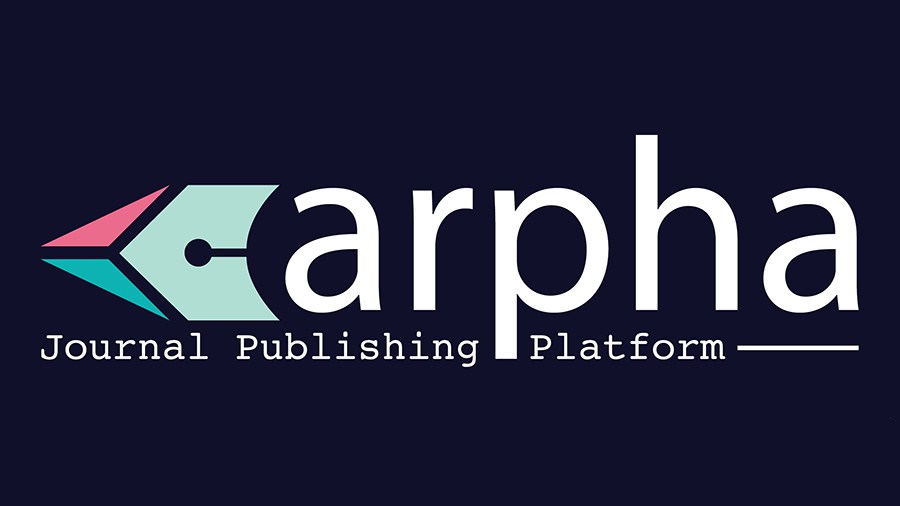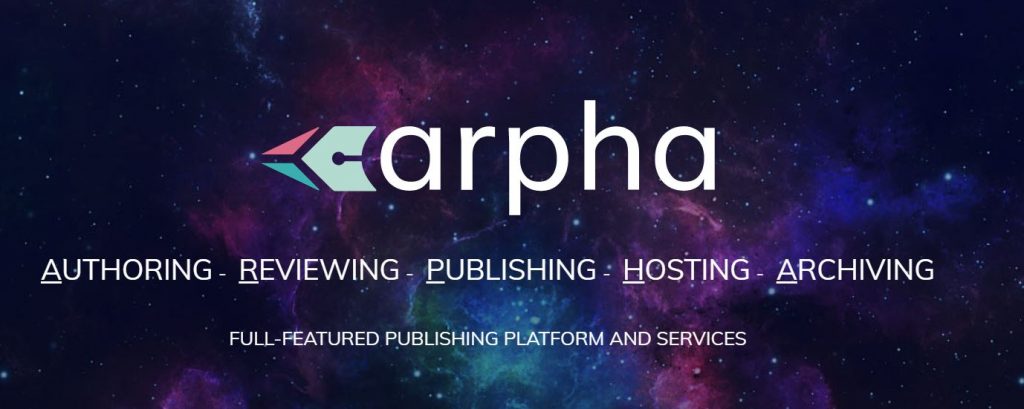By signing with the scholarly publisher and technology provider Pensoft, Contributions to Entomology – a journal by the Senckenberg German Entomological Institute – becomes the fourth Senckenberg academic title to transfer to the growing portfolio of the open-access scholarly publishing platform ARPHA.
Earlier this year, the publisher came to similar agreements with Arthropod Systematics & Phylogeny, Vertebrate Zoology and Geologica Saxonica, which have already been relaunched on ARPHA under the branding of the Senckenberg Natural History Collections Dresden.
Likewise, Contributions to Entomology is to continue as a journal published exclusively by Senckenberg, thanks to the white-label publishing solution designed by ARPHA to preserve the identity of historical journals. Still, the journal is to utilise the whole package of signature services provided by the platform, including ARPHA’s fast-track, end-to-end publishing system, which benefits readers, authors, reviewers and editors alike.
With ARPHA – the scholarly publishing platform initially developed by Pensoft to cater for the needs for academic journals – each submitted manuscript is carried through the review, editing, publication, dissemination and archiving stages without leaving the platform’s collaboration-centred online environment.
Thanks to ARPHA’s highly automated workflow, once published, the content is indexed and archived instantaneously and its underlying data exported to the relevant specialised databases. Simultaneously, a suite of various metrics is enabled to facilitate tracking the usage of articles and sub-article elements – like figures and tables – in real time .
The articles themselves are openly available in PDF, machine-readable JATS XML formats, and semantically enriched HTML for better reader experience. Thus, the journal’s content is made as easy to discover, access, reuse and cite as possible.
Founded back in 1951 under the title “Beiträge zur Entomologie”, Contribution to Entomology publishes original contributions on insect systematics, taxonomy, phylogeny, zoogeography, faunistics, ecology, applied entomology, entomological bibliography, and the history of entomology. The journal operates a Diamond Open Access policy, where neither access to content, nor publication incurs charges.
“We are delighted to welcome this particular journal on ARPHA Platform. While we’re publishing academic titles from across the sciences, Pensoft and ARPHA are still best known for their biodiversity- and ecology-themed journals and domain-specific innovations. This is why we are honoured to be able to share our experience and approach with Senckenberg and Contributions to Entomology,”
says Prof. Dr Lyubomir Penev, founder and CEO at ARPHA and Pensoft.
***
About Senckenberg:
Senckenberg, Research Institutes and Natural History Museums, conduct research in bio- and geoscience. Major research fields are biodiversity and ecosystem research and the research on the entire Earth-Human-Earth system. Senckenberg headquarters are located in Frankfurt am Main, but research on marine, terrestrial and climate systems is also housed at additional nine locations throughout Germany: in Dresden, Gelnhausen, Gorlitz, Hamburg, Messel, Muncheberg, Tubingen, Weimar and Wilhelmshaven. Senckenberg employs about 1,000 people, including 300 scientists. Senckenberg scientists are active in projects worldwide, most of which are international collaborations with universities and other research institutions. Senckenberg hosts biological and geological research collections with more than 35 million series.






